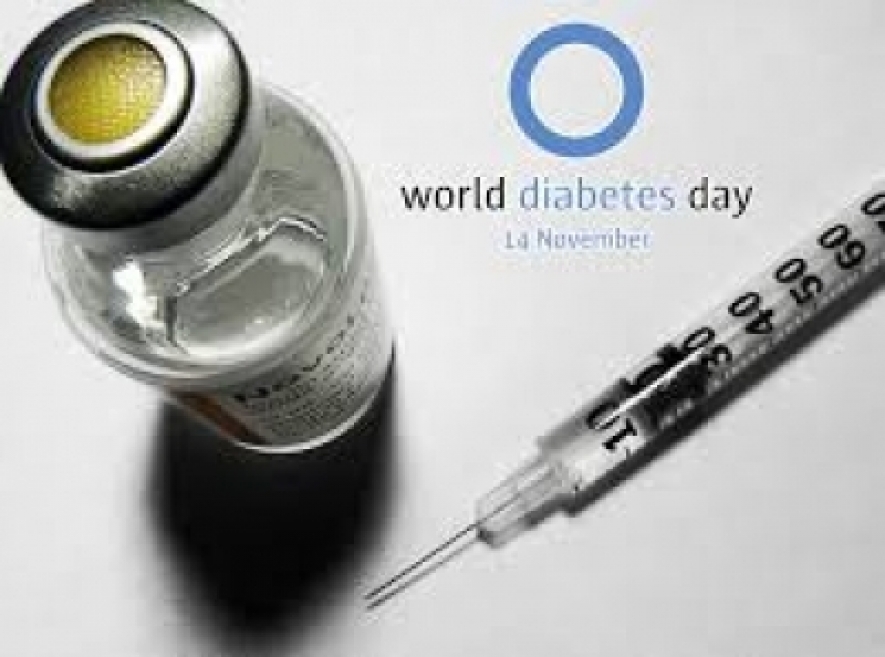Moreover, you’ll need to know about the different types of diabetes. Type one, type two and gestational diabetes mellitus.
Type one is insulin-dependent, meaning that sufferers have to inject the insulin hormone into their bodies in order to produce what the body can’t. A body without insulin mean blood glucose levels are heightened, and this leads to serious organ damage.
Type two is not insulin dependent, but does mean that you are likely to have high blood pressure and a decreased amount of insulin produced in the body.
Gestational diabetes sometimes occurs in pregnant women when the body is unable to produce enough insulin needed to get them through their pregnancy.
Education is particularly important as diabetes can affect all aspects of life. The disease is life-long and requires many lifestyle adjustments to be made; diet, exercise and medication all needs to be monitored and altered.
In order to make the right decisions about behaviour when managing and living with diabetes, sufferers need to be correctly informed about the implications.
Poor diabetes education results in more chance of complications and less chance of leading a healthy life.
Being aware of risk factors such as obesity, glucose intolerance, lack of exercise and an unhealthy diet is important in the fight against further incidences of diabetes. Those with these risk factors also need to look out for warning signs including tiredness, weight loss, increased thirst, blurred vision and lack of concentration. Education is key to prevention.
World Diabetes Day also aims to change education worldwide so that it provides the information people need in order to live with the condition and treat it carefully.




















